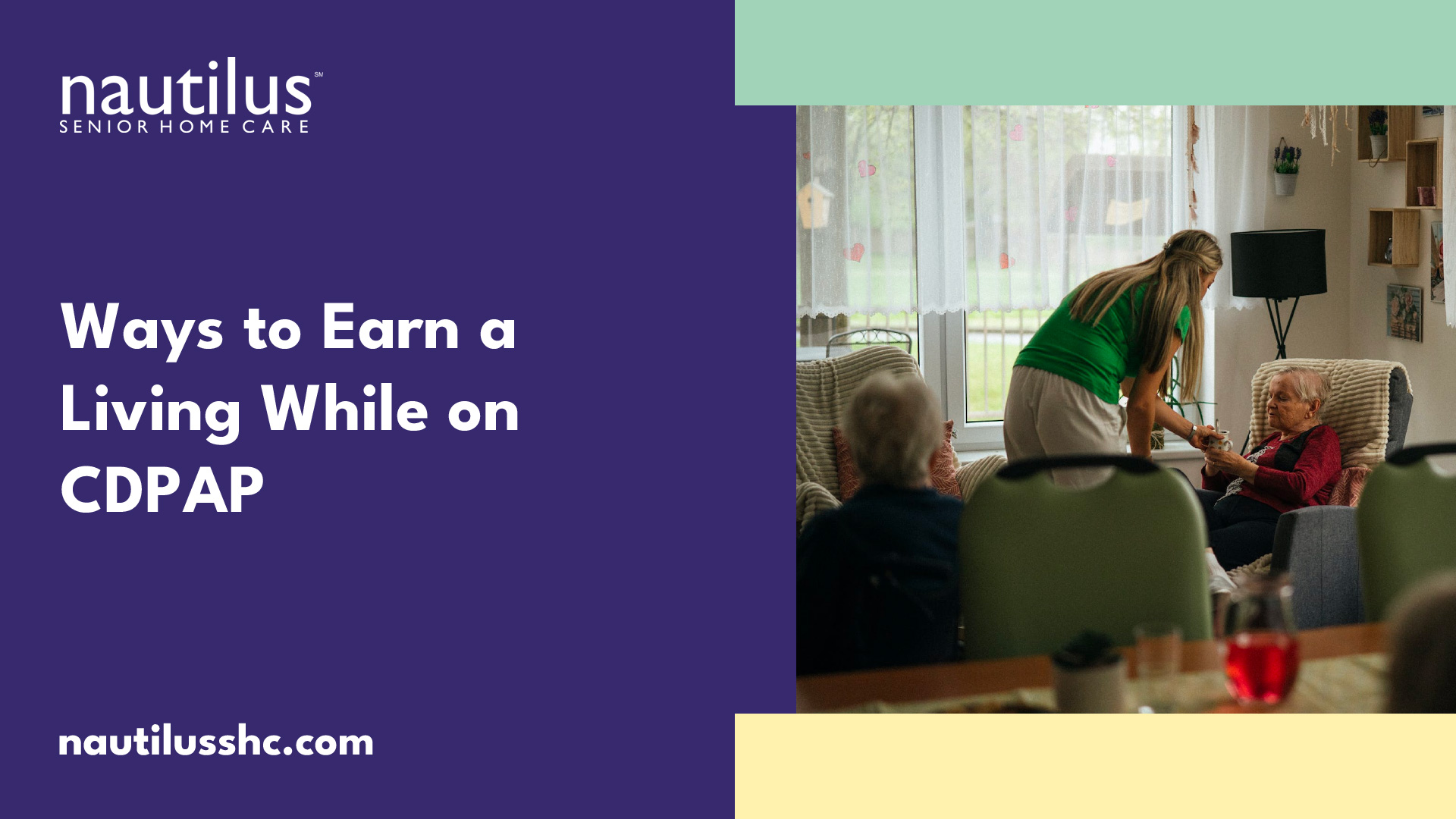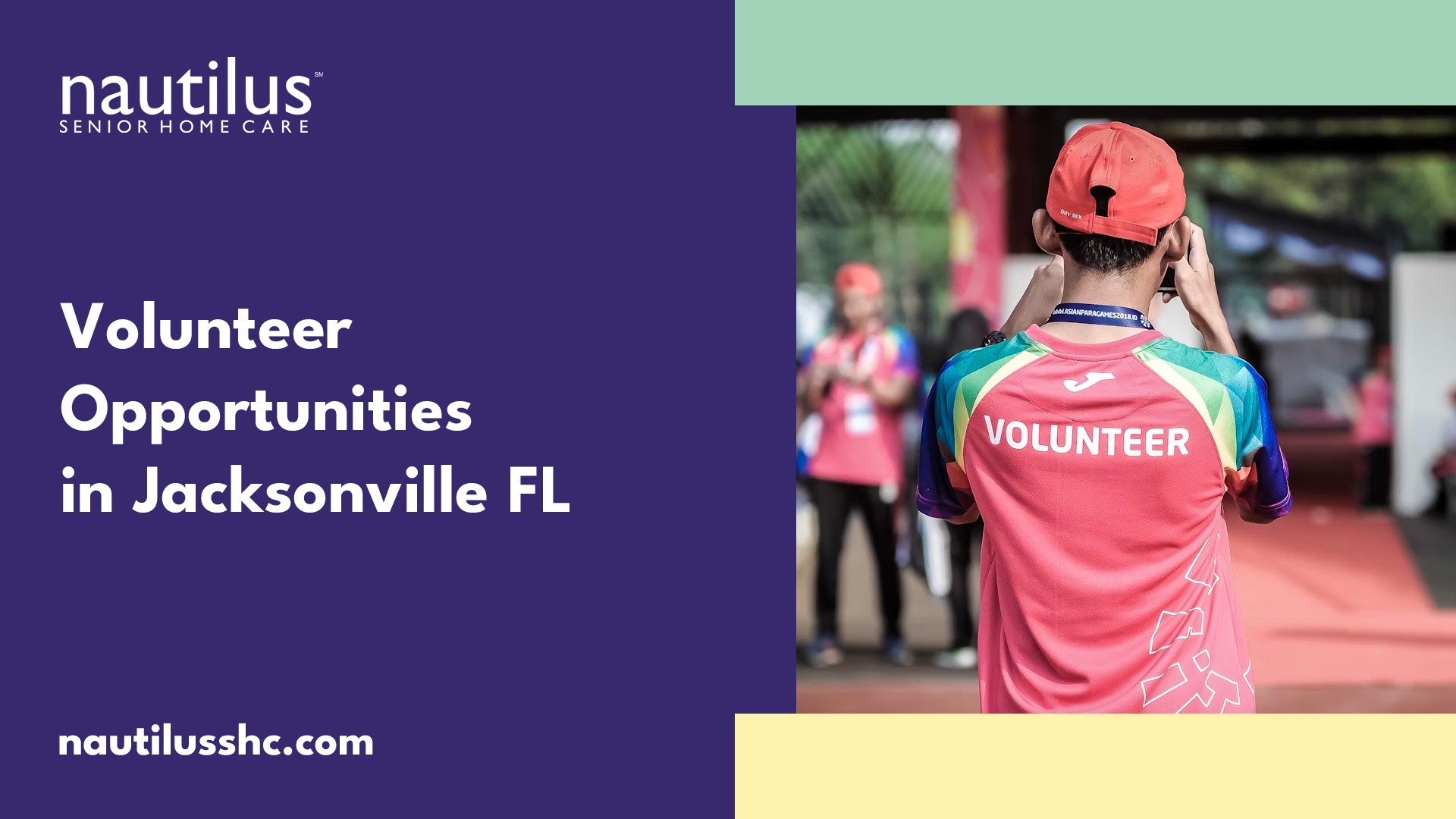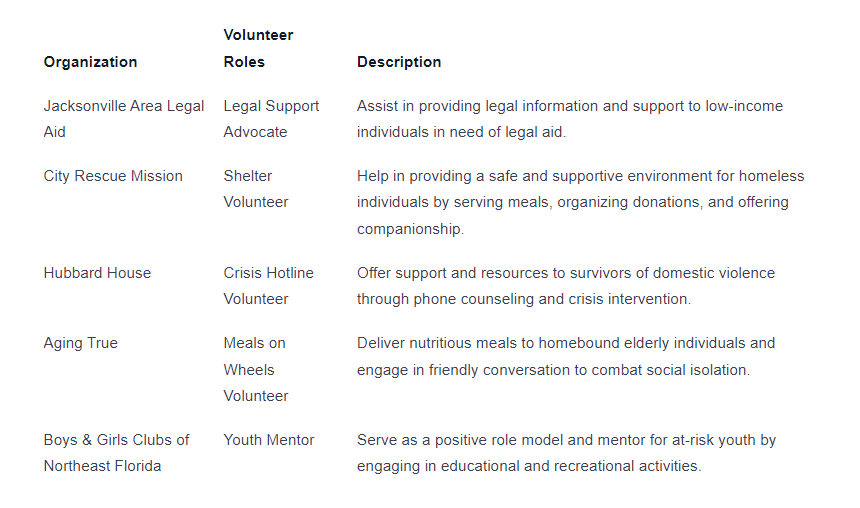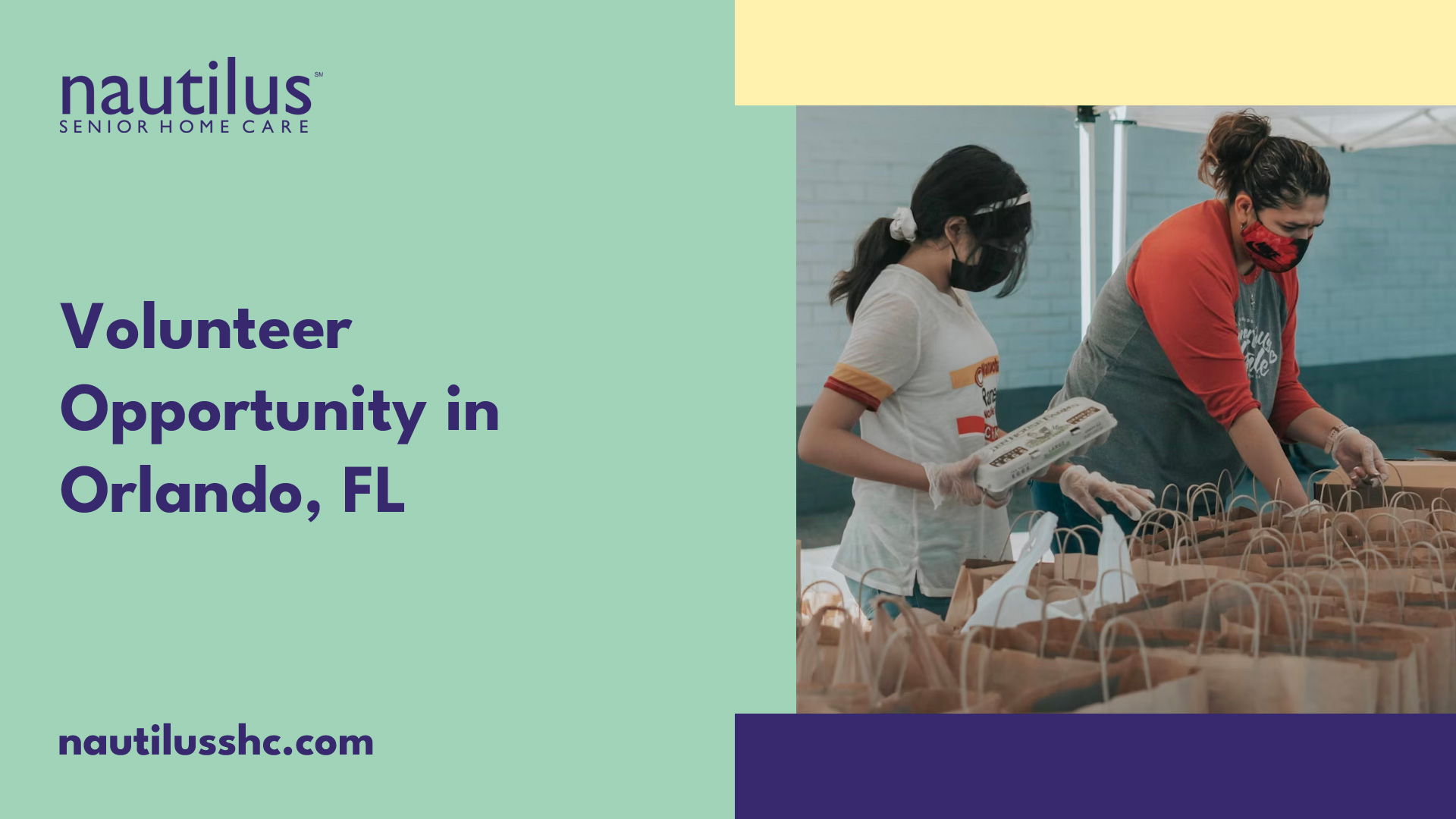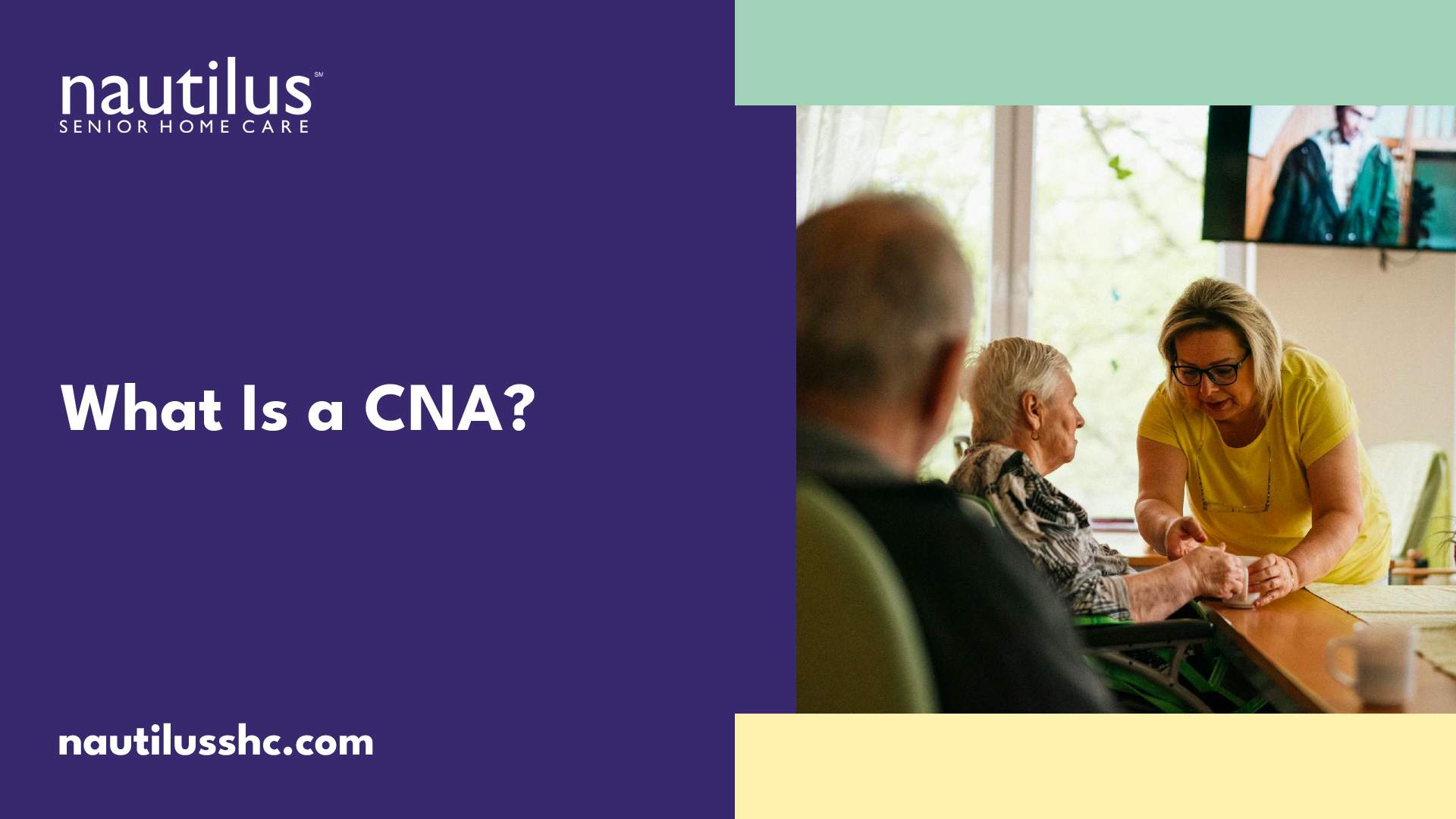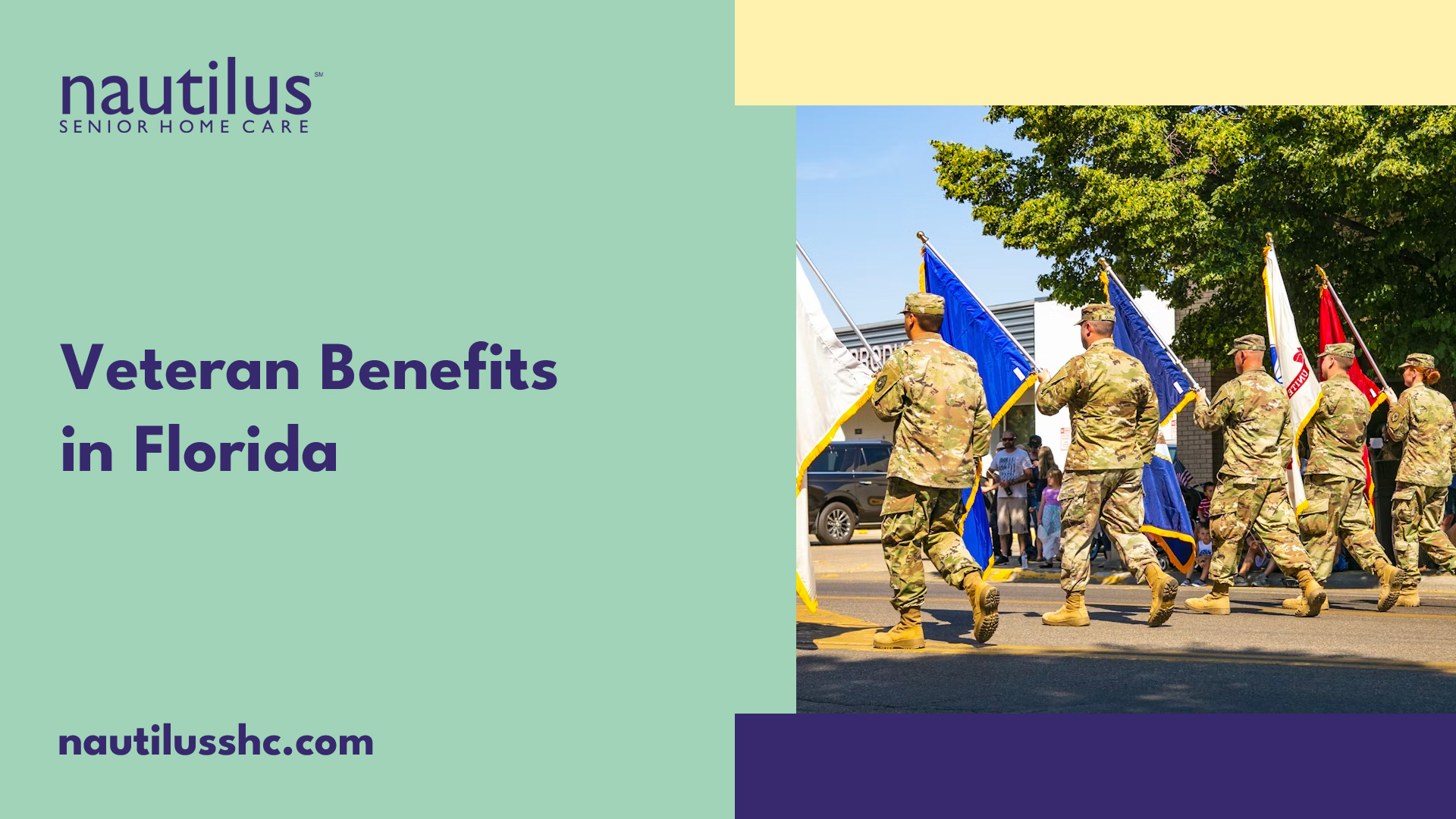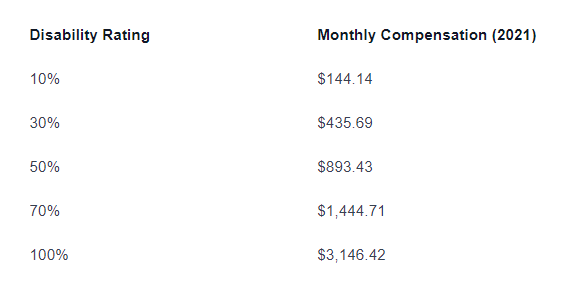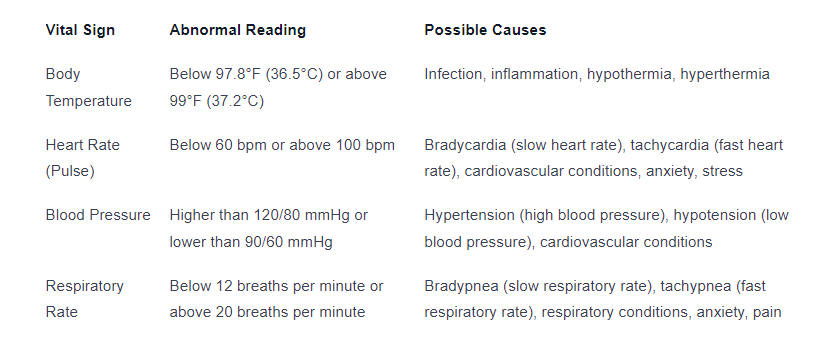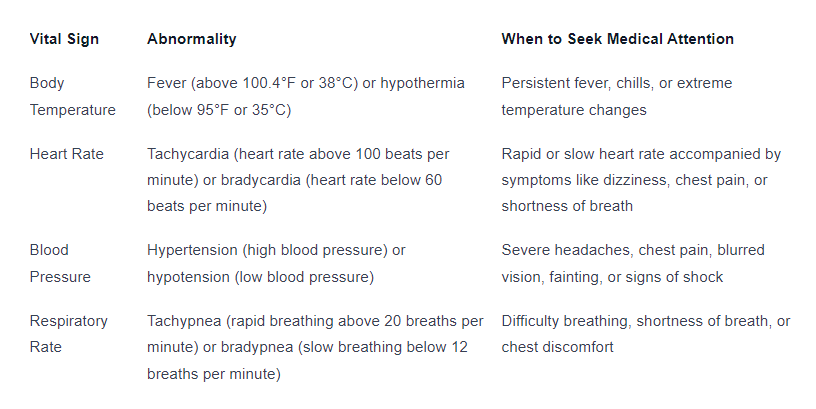Caring for a Family Member: Financial Considerations
Taking care of a family member can be a rewarding experience, but it can also present financial challenges. In this section, we will explore the importance of financial support for family caregivers and discuss different options for obtaining financial assistance.
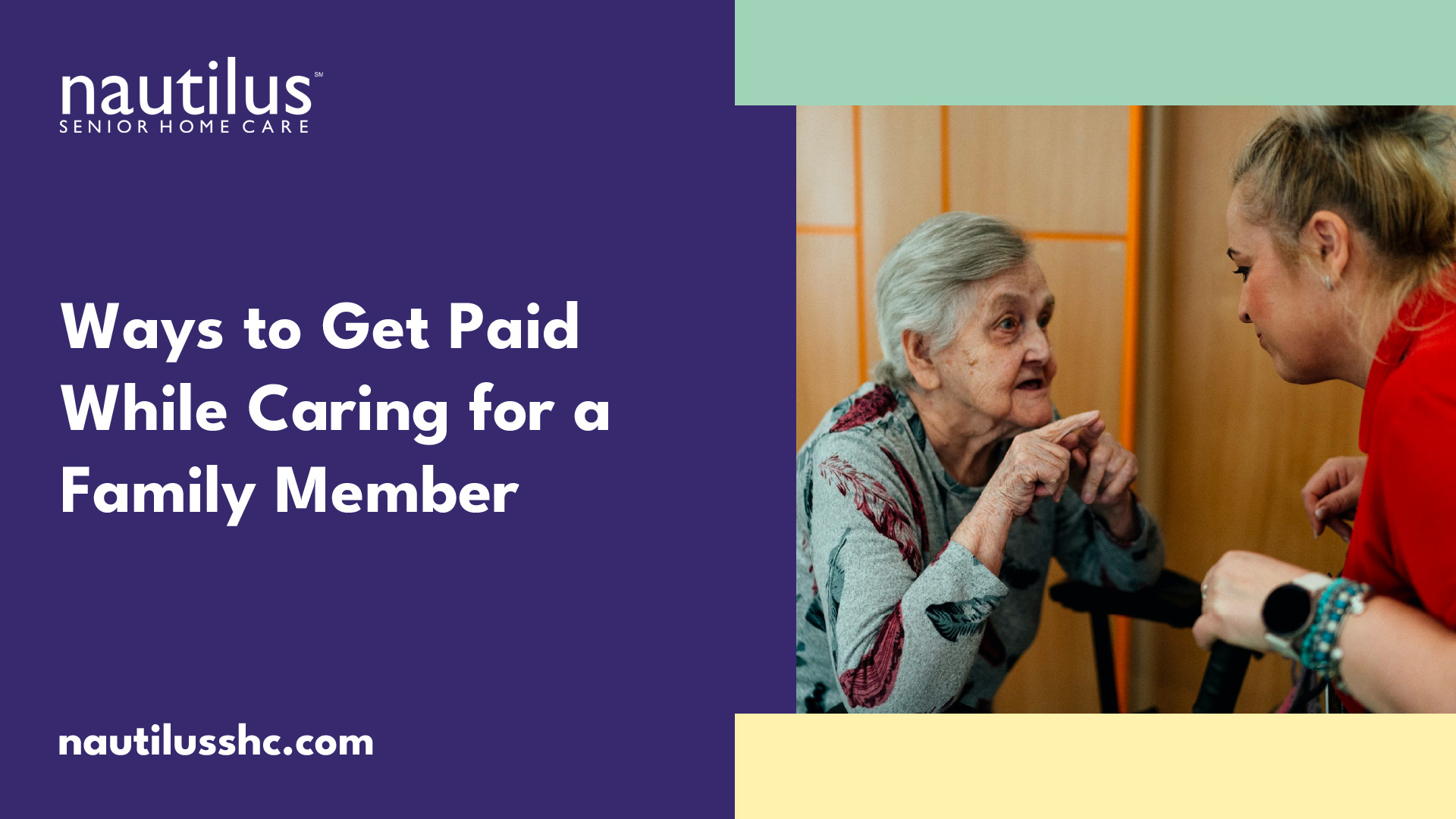
The Importance of Financial Support for Family Caregivers
Family caregivers play a crucial role in providing care and support to their loved ones. However, this responsibility often comes with financial implications. Caregiving can require significant time and resources, leading to reduced work hours or even leaving the workforce entirely. As a result, family caregivers may face financial strain and difficulty meeting their own financial obligations.
Financial support is essential for family caregivers to ensure their own well-being and maintain a sustainable caregiving arrangement. It can help alleviate financial stress and provide caregivers with the resources they need to continue providing quality care. Access to financial assistance can make a significant difference in the lives of family caregivers, allowing them to focus on their caregiving responsibilities without sacrificing their financial stability.
Understanding Different Financial Assistance Options
Fortunately, there are various financial assistance options available to support family caregivers. These options can vary depending on factors such as the caregiver’s relationship to the care recipient, the care recipient’s eligibility for specific programs, and the state in which they reside. Here are some common financial assistance options for family caregivers:
Financial Assistance Option and Description
Veterans Benefits: Veterans and their family caregivers may be eligible for specific financial assistance programs through the Department of Veterans Affairs (VA). These programs include the VA Caregiver Support Program, Aid and Attendance Benefit, and Dependency and Indemnity Compensation.
Medicaid Programs: Medicaid offers several programs that provide financial support to family caregivers. Home and Community-Based Services (HCBS) Waivers, Cash and Counseling Programs, and Medicaid Personal Care Services are some examples of programs that may be available.
State-Specific Programs: Many states offer their own programs to support family caregivers. These programs can include paid family leave programs, respite care services, and tax credits or deductions. Eligibility and benefits vary depending on the state of residence.
Private Insurance and Employer Support: Family caregivers may have access to financial support through private long-term care insurance policies. Additionally, some employers offer caregiver support programs that provide assistance with caregiving expenses.
Other Financial Resources: Nonprofit organizations, charities, crowdfunding platforms, and even Social Security benefits for caregivers can provide additional financial resources for family caregivers. These resources can vary in availability and eligibility requirements.
Understanding the different financial assistance options is crucial for family caregivers to access the support they need. Caregivers should explore these options based on their specific circumstances and consult with relevant organizations or professionals to determine their eligibility and application processes. By accessing financial assistance, family caregivers can find the necessary support to continue providing care while maintaining their own financial well-being.
Veterans Benefits for Family Caregivers
For family caregivers who are taking care of a veteran, there are specific benefits and programs available to provide financial support. These programs are designed to recognize the valuable role that family caregivers play in supporting their veteran loved ones. In this section, we will explore three key veterans benefits for family caregivers: the VA Caregiver Support Program, Aid and Attendance Benefit, and Dependency and Indemnity Compensation.
VA Caregiver Support Program
The VA Caregiver Support Program aims to provide assistance to family caregivers of eligible post-9/11 veterans. This program offers a range of services and support, including financial assistance, access to healthcare coverage, and training and education opportunities for caregivers.
To qualify for the VA Caregiver Support Program, caregivers must meet certain criteria, such as the need for personal care services and the veteran’s eligibility for VA healthcare. Financial assistance provided through this program is based on the veteran’s needs and the caregiver’s role in supporting them. It’s important to note that this program is currently available to caregivers of post-9/11 veterans, with plans to expand eligibility to caregivers of veterans from other eras.
Aid and Attendance Benefit
The Aid and Attendance Benefit is a pension program offered by the Department of Veterans Affairs. This benefit provides additional financial assistance to veterans and their spouses who require the aid and attendance of another person to perform daily activities or who are housebound due to disability.
To qualify for the Aid and Attendance Benefit, veterans must meet certain eligibility criteria, including the need for assistance with activities of daily living, such as bathing, dressing, or eating. The benefit can also be extended to eligible surviving spouses of veterans. The table below provides an overview of the maximum monthly benefit amounts for 2021:
Veteran’s Status and Maximum Monthly Benefit Amount
Veteran with Spouse: $1,936
Single Veteran: $1,244
Surviving Spouse: $1,244
Dependency and Indemnity Compensation
Dependency and Indemnity Compensation (DIC) is a benefit provided by the Department of Veterans Affairs to eligible survivors of deceased veterans. This compensation is intended to financially support surviving spouses, children, and dependent parents who have suffered the loss of a veteran.
To be eligible for DIC, survivors must meet certain criteria, including the veteran’s cause of death being related to military service or a service-connected disability. The table below provides an overview of the monthly DIC rates for 2021:
Dependency Status and Monthly DIC Rate
Surviving Spouse: $1,357
Surviving Spouse with Child: $1,470
Child Only: $525
These veterans benefits for family caregivers can provide crucial financial assistance and support to those caring for their veteran loved ones. It’s important for caregivers to explore and understand the specific eligibility criteria and requirements associated with each program to ensure they receive the benefits they are entitled to.
Medicaid Programs for Family Caregivers
When it comes to financial assistance for family caregivers, Medicaid offers several programs that can provide support. These programs aim to help caregivers receive compensation for the care they provide to their family members. Here, we will explore three Medicaid programs specifically designed for family caregivers: Home and Community-Based Services (HCBS) Waivers, Cash and Counseling Programs, and Medicaid Personal Care Services.
Home and Community-Based Services (HCBS) Waivers
HCBS waivers are Medicaid programs that allow eligible individuals to receive long-term care services in their own homes or communities instead of in a nursing home or institution. These waivers provide financial support to family caregivers who assist with the daily activities and personal care needs of their loved ones.
The specific services covered under HCBS waivers vary by state, but they often include personal care assistance, respite care, home modifications, and transportation assistance. The compensation for family caregivers can be provided directly through Medicaid or through a fiscal intermediary, depending on the state’s program.
To qualify for an HCBS waiver, both the care recipient and the caregiver must meet certain eligibility criteria, which may include income limits, functional assessments, and medical necessity evaluations. It’s important to check with your state’s Medicaid office or local Area Agency on Aging to understand the specific requirements and application process.
Cash and Counseling Programs
Cash and Counseling programs, also known as Consumer-Directed Care programs, provide eligible Medicaid beneficiaries with the flexibility to manage their own long-term care services, including the ability to hire and pay their own caregivers, which can include family members. These programs aim to empower care recipients and their families to make decisions about their care.
Under Cash and Counseling programs, eligible individuals receive a budget to allocate towards their care needs. This budget can be used to compensate family caregivers for the services provided. The caregiver’s compensation is typically based on an hourly rate determined by the program and may vary by state.
To participate in Cash and Counseling programs, individuals typically undergo an assessment to determine their eligibility and care needs. They must also be capable of managing their own care or have a representative who can assist them in the decision-making process.
Medicaid Personal Care Services
Medicaid Personal Care Services (PCS) provide assistance with activities of daily living (ADLs) and instrumental activities of daily living (IADLs) for individuals who require help due to physical or cognitive limitations. These services can be provided in the person’s home or community setting and may include personal hygiene, meal preparation, medication management, and transportation.
Family caregivers can be compensated through Medicaid PCS programs for the care they provide to their loved ones. The compensation is typically based on the number of hours of care provided and the prevailing rate set by the state’s Medicaid program.
To qualify for Medicaid PCS, both the care recipient and the caregiver must meet the eligibility requirements, which may include income limits, functional assessments, and medical necessity evaluations. It’s important to check with your state’s Medicaid office or local Area Agency on Aging for specific details on eligibility and the application process.
Understanding these Medicaid programs can help family caregivers navigate the financial aspects of providing care to their loved ones. Each program has its own set of eligibility criteria and benefits, so it’s essential to research and consult with the appropriate agencies to determine the best options for your unique situation.
State-Specific Programs for Family Caregivers
When it comes to financial support for family caregivers, various state-specific programs exist to provide assistance. These programs are designed to help alleviate some of the financial burden that caregivers may face. In this section, we will explore three common state-specific programs: paid family leave programs, respite care services, and tax credits and deductions.
Paid Family Leave Programs
Paid family leave programs allow caregivers to take time off from work to care for their family members while still receiving a portion of their wages. These programs vary by state and may provide different lengths of leave and wage replacement percentages.
Here are a few examples of paid family leave programs across different states:

It’s important to check with your state’s labor department or human resources office to understand the specific requirements and benefits of the paid family leave program available in your area.
Respite Care Services
Respite care services offer temporary relief to family caregivers by providing trained individuals who can step in and care for their loved ones. These services allow caregivers to take a much-needed break, attend to personal matters, or simply recharge.
Respite care services can be provided in various settings, including home-based care, adult day care centers, or residential facilities. The availability and cost of respite care services may vary by state and the specific programs offered.
To access respite care services, caregivers can reach out to local aging and disability resource centers, community organizations, or government agencies that oversee caregiving programs in their state.
Tax Credits and Deductions
Tax credits and deductions can help offset some of the financial expenses associated with caregiving. These tax benefits vary by state and may include deductions for medical expenses, caregiver tax credits, or dependent care tax credits.
Here are a few examples of tax credits and deductions that caregivers may be eligible for:
State and Tax Benefit
California: California Dependent Care (CDCTC) Tax Credit
New York: New York State Child and Dependent Care Credit
Florida: Florida Medical Expense Deduction
To determine the specific tax benefits available in your state, it’s recommended to consult with a tax professional or review the resources provided by your state’s tax department.
State-specific programs play a crucial role in providing financial support for family caregivers. Paid family leave programs, respite care services, and tax credits and deductions can help alleviate some of the financial strain associated with caregiving responsibilities. Be sure to explore the resources available in your state to understand the eligibility criteria, benefits, and application procedures for these programs.
Private Insurance and Employer Support
When it comes to financial support for family caregivers, private insurance and employer support can play a significant role. In this section, we will explore two important avenues: long-term care insurance and employer-sponsored caregiver support programs.
Long-Term Care Insurance
Long-term care insurance is a type of insurance policy that helps cover the costs associated with long-term care, including caregiving services. This insurance provides financial assistance to individuals who require extended care due to aging, illness, or disability. It can help alleviate the financial burden on family caregivers by providing coverage for services such as in-home care, assisted living facilities, and nursing homes.
Before purchasing long-term care insurance, it’s important to carefully review the policy details, including the coverage limits, waiting periods, and eligibility criteria. Some policies may have specific requirements regarding the level of care needed or the types of services covered. It’s advisable to compare different policies and consult with an insurance professional to determine the best option for your specific caregiving needs.
Employer-Sponsored Caregiver Support Programs
Many employers recognize the challenges faced by their employees who are also family caregivers. As a result, some companies offer caregiver support programs to assist their employees in balancing their work and caregiving responsibilities. These programs may include a range of benefits and resources to help caregivers manage their caregiving duties more effectively.
Some common elements of employer-sponsored caregiver support programs include:
Program and Description
Flexible Work Arrangements: Employers may offer flexible work schedules, remote work options, or reduced hours to accommodate the caregiver’s needs.
Caregiver Leave: Some employers provide paid or unpaid leave specifically for caregivers to attend to their family members’ needs.
Employee Assistance Programs (EAPs): EAPs offer counseling services, referrals to community resources, and educational materials to help caregivers cope with the challenges they face.
Caregiver Support Groups: Employers may organize support groups for caregivers within the company, allowing them to connect with others who are in similar situations.
Financial Assistance or Reimbursement: Some employers provide financial assistance or reimbursement for caregiving-related expenses, such as respite care or home modifications.
The availability and extent of these programs can vary depending on the employer. It’s advisable for caregivers to inquire about these benefits with their human resources department or employee assistance program to understand the support options available to them.
Private insurance and employer-sponsored caregiver support programs can provide valuable financial assistance and resources for family caregivers. Exploring these options can help alleviate the financial strain and provide caregivers with the necessary support to fulfill their caregiving responsibilities more effectively.
Exploring Other Financial Resources
While there are various government programs and insurance options available, there are also additional financial resources that can provide support for family caregivers. These resources include nonprofit organizations and charities, crowdfunding platforms, and social security benefits.
Nonprofit Organizations and Charities
Nonprofit organizations and charities play a vital role in providing financial assistance and resources to family caregivers. These organizations often offer grants, scholarships, and financial aid programs specifically designed to support caregivers. They may also provide guidance and counseling services to help caregivers navigate the financial challenges they may face.
Here are a few examples of nonprofit organizations and charities that offer financial support for family caregivers:
Organization/Charity and Description
AARP Foundation: Offers various programs and services aimed at helping caregivers, including financial assistance and resources.
National Alliance for Caregiving: Provides information and resources on financial assistance programs available to family caregivers.
Family Caregiver Alliance: Offers a range of services, including financial assistance programs and support for caregivers.
Crowdfunding Platforms
Crowdfunding platforms have become increasingly popular as a means for individuals to raise funds for various causes, including caregiving expenses. These platforms allow caregivers to share their stories and financial needs with a wide audience, giving others the opportunity to contribute and provide support.
Here are a few popular crowdfunding platforms that caregivers can explore:
Crowdfunding Platform and Description
GoFundMe: A widely used crowdfunding platform that allows individuals to create fundraising campaigns for personal causes, including caregiving expenses.
Kickstarter: While primarily focused on creative projects, Kickstarter can also be used to raise funds for caregiving initiatives and related expenses.
Indiegogo: Similar to Kickstarter, Indiegogo offers a platform for individuals to crowdfund for various causes, including caregiving expenses.
Social Security Benefits for Caregivers
Social Security benefits can provide financial assistance to family caregivers in certain situations. Specifically, caregivers may be eligible for benefits if they are caring for a child under the age of 16 or a disabled adult child. These benefits are known as “dependent benefits” and can help alleviate some of the financial burdens associated with caregiving.
To determine eligibility and learn more about the specific requirements for receiving social security benefits as a caregiver, it is recommended to contact the Social Security Administration directly.
Exploring these additional financial resources can help family caregivers find the support they need to alleviate some of the financial burdens associated with caregiving. Whether through nonprofit organizations and charities, crowdfunding platforms, or social security benefits, these resources can provide valuable assistance during challenging times.





